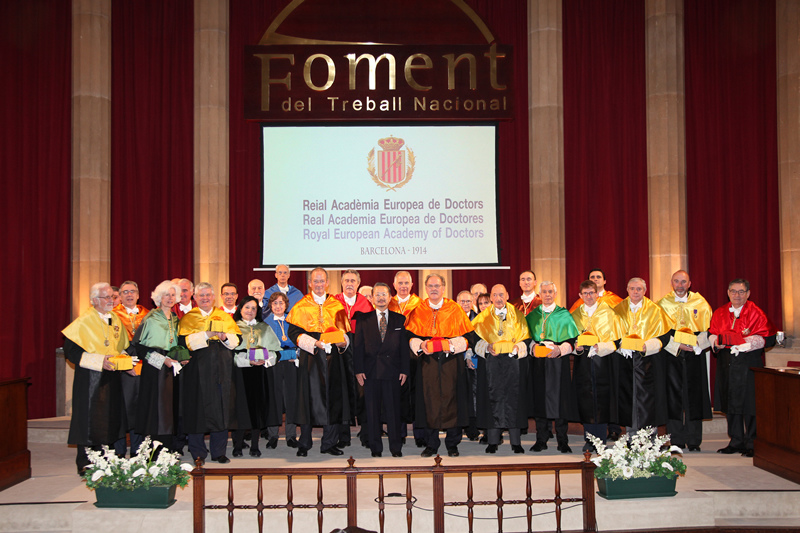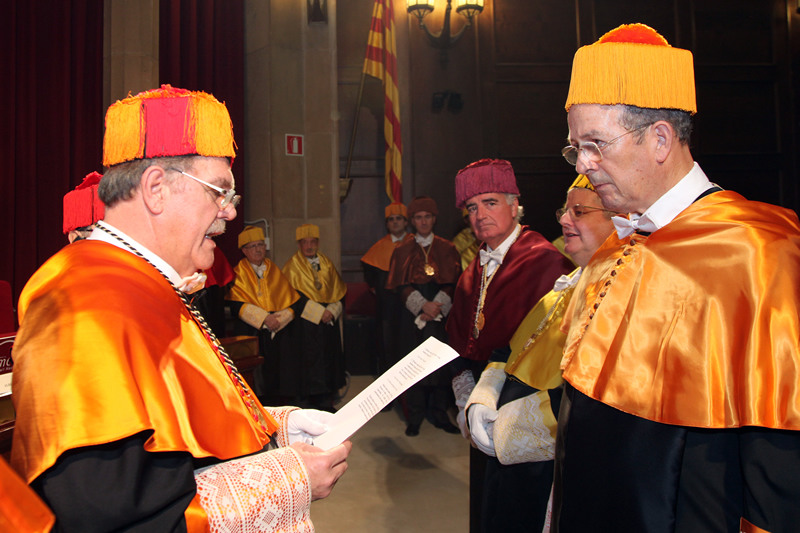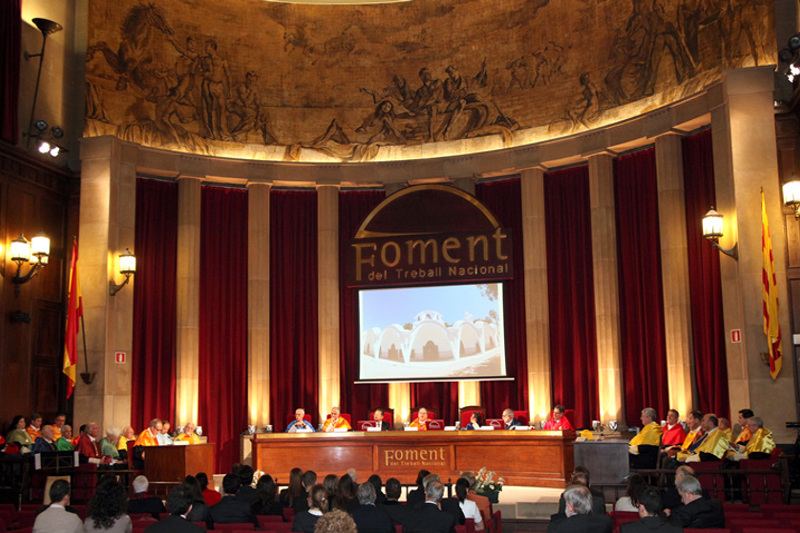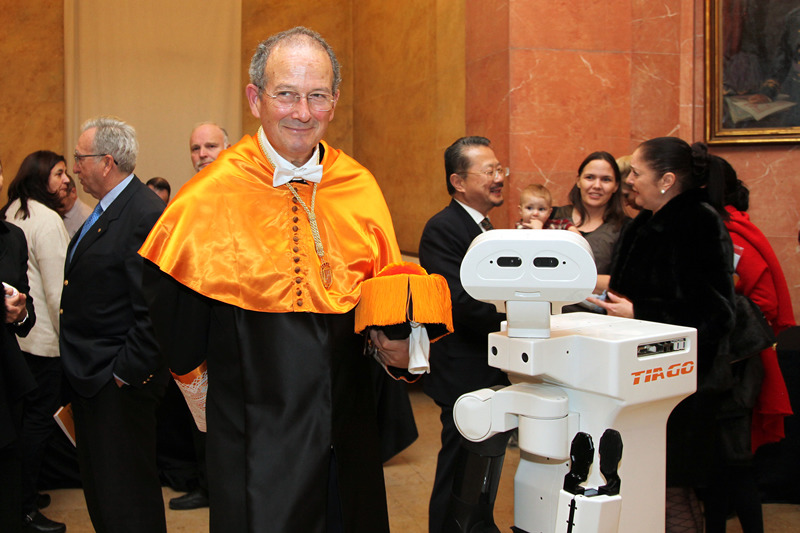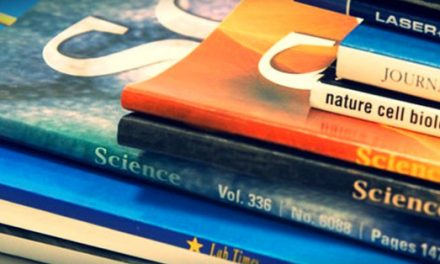Luis Pons Puiggrós, engineer and doctor in Business Administration and Management, warns of the paradigm shift that will create artificial intelligence in the economy and society of the 21 st century in “Lo disruptivo y el futuro: tecnología y sociedad en el siglo XXI” (The disruptive and the future: technology and society in the 21st century), his speech of admission as corresponding academician in the Royal European Academy of Doctors-Barcelona 1914 (RAED), pronounced in Barcelona on December 19. Full academician José Ramón Calvo responded on behalf of the RAED.
“Technological innovation facilitates the transformation of utopias into realities, examples of the passage from utopia to reality are present in literature, such as Jules Verne‘s ‘Journey to the Moon’, which led to the reality of travel and space stations. Our utopia of artificial intelligence will also soon become a tangible reality -the recipient explained-. Examples such as robots in manufacturing, equipment for surgical operations with non-aggressive techniques or vehicles without a driver were imagined and finally realised”.
“A great revolution is being prepared, since computers are going to overcome the processing capacity of the set of human brains of the planet”
Pons Puiggrós, however, warned that this time the intelligence of machines will exceed that of the entire world population in terms of capacity, with consequences that are difficult to determine. From the outset, he said, they will modify the functioning of society as we have known it since centuries ago, when the current system of labour was organised. “Robots, like the steam engine in its day, are going to modify the bond of many people with their work environment and will require modifying the subsistence rules through the salary route, since it will be difficult to link income to jobs”, he said.
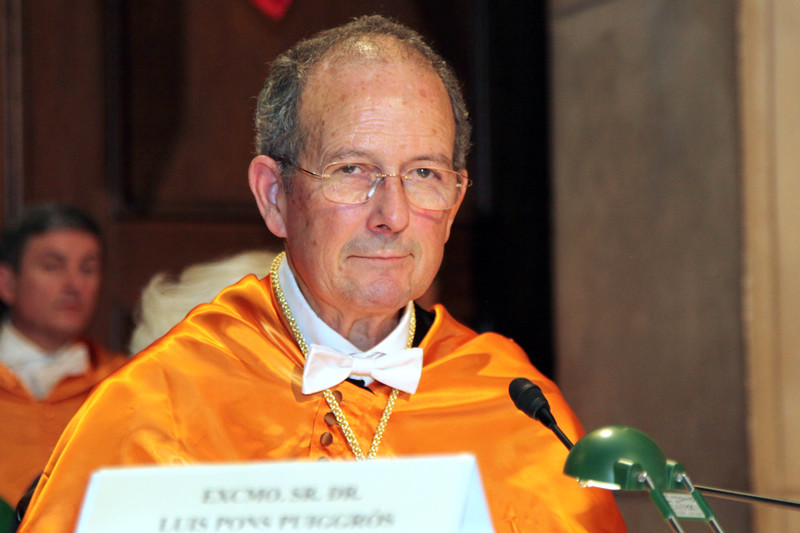
Dr. Luis Pons Puiggrós
Added to this is the destructive power that man has exercised, be it voluntarily or involuntarily, when applying these disruptive technological changes. If deforestation, pollution or the exploitation of resources or people have been harmful effects of industrialisation, the new academician also believes that robotisation and artificial intelligence may not be harmless or free and that they could have undesirable consequences that are difficult to control or redirect. “This capacity for creation and destruction has been seen in previous centuries. Information technologies and the media that will be available before the middle of the millennium make it possible to assess the existence of a confluence of reasons that are preparing a great revolution, since the capacity of computers worldwide will overcome the processing capacity of the set of human brains of the planet”, warned the author.
Trained as a chemical engineer, a degree to which he later added that of industrial engineer, Pons Puiggrós combined his technical speciality with studies in business management that would lead him to a doctorate in this field. In his professional career he has also worked and combined both fields, serving as commercial director, financial services manager, manager, operational director and general manager of important companies, both private and public, as well as an independent consultant. In the field of teaching, he is a professor of Project Management and graduate studies at the Polytechnic University of Catalonia. He is a member of the American Chemical Association and chairs the Forum Association of Lloret.


